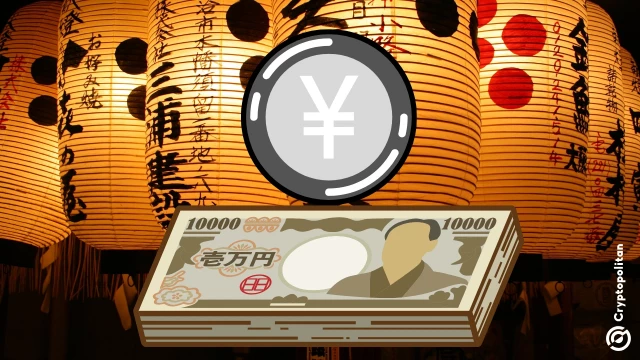
Japan's FSA declares support for stablecoin backed by the country's major banks
Summary
Japan's Financial Services Agency Embraces Domestic Stablecoin Development
Japan's financial regulators have taken a significant step in supporting the country's burgeoning cryptocurrency ecosystem. The Financial Services Agency (FSA), the primary regulatory body overseeing the Japanese financial industry, has announced plans to back a new stablecoin project spearheaded by three of the nation's largest banks.
This move represents a marked shift in the FSA's approach to digital assets, as the agency has historically maintained a cautious stance towards cryptocurrencies. However, the emergence of stablecoins, which are designed to offer price stability compared to volatile crypto assets, appears to have sparked a renewed interest in exploring the potential benefits of blockchain-based financial instruments.
The stablecoin project, which is being developed by MUFG Bank, Mizuho Bank, and Sumitomo Mitsui Banking Corporation, aims to leverage the combined resources and expertise of these industry titans to create a secure and reliable digital currency. Unlike the speculative nature of Bitcoin and other cryptocurrencies, this stablecoin will be backed by the Japanese yen, providing users with a stable store of value and a convenient medium of exchange.
One of the key drivers behind the FSA's support for this initiative is the agency's recognition of the growing demand for digital payment solutions, particularly in the wake of the COVID-19 pandemic. The global health crisis has accelerated the shift towards contactless and digital transactions, and the Japanese government is keen to position the country as a leader in fintech innovation.
By lending its regulatory backing to the stablecoin project, the FSA aims to create a controlled and transparent framework for the development of this technology. This move is expected to provide institutional investors, businesses, and consumers with a greater sense of confidence in the stability and reliability of the digital currency, potentially paving the way for wider mainstream adoption.
Furthermore, the FSA's support for the stablecoin project aligns with the agency's broader efforts to modernize Japan's financial infrastructure and adapt to the rapidly evolving digital landscape. As the global cryptocurrency market continues to grow and mature, the FSA's endorsement of this domestic initiative could signal a shift in the country's regulatory approach, potentially opening the door for increased collaboration between traditional finance and the emerging crypto ecosystem.
The implications of the FSA's support for the stablecoin project extend beyond the Japanese market. As one of the world's leading economies, Japan's embrace of this technology could have significant ripple effects on the global cryptocurrency industry. Other nations may look to Japan's experience as a model for their own stablecoin regulations and initiatives, further driving the mainstream adoption of digital assets worldwide.
In conclusion, the FSA's decision to support the development of a yen-backed stablecoin by Japan's major banks represents a significant milestone in the country's cryptocurrency journey. This move demonstrates the regulator's willingness to embrace financial innovation while also prioritizing stability and consumer protection. As the global digital asset landscape continues to evolve, the success of this project may serve as a blueprint for other nations seeking to harness the power of blockchain technology within their own financial systems.





